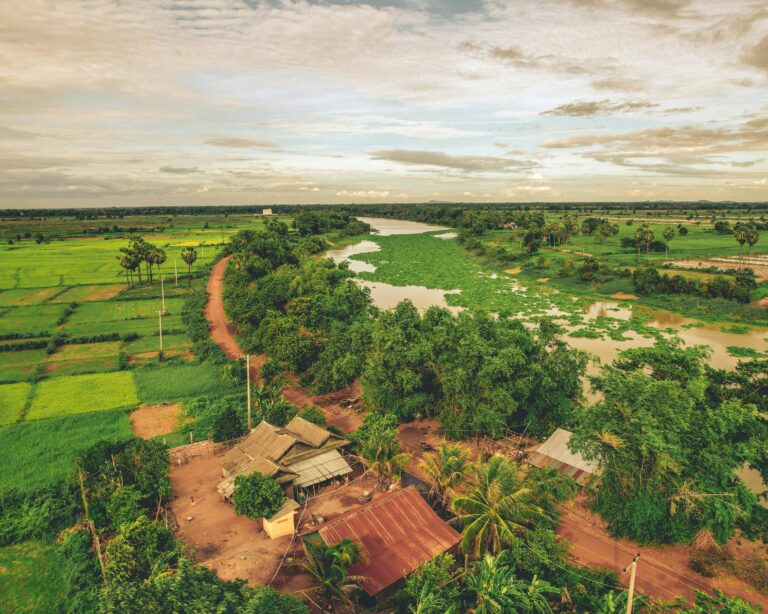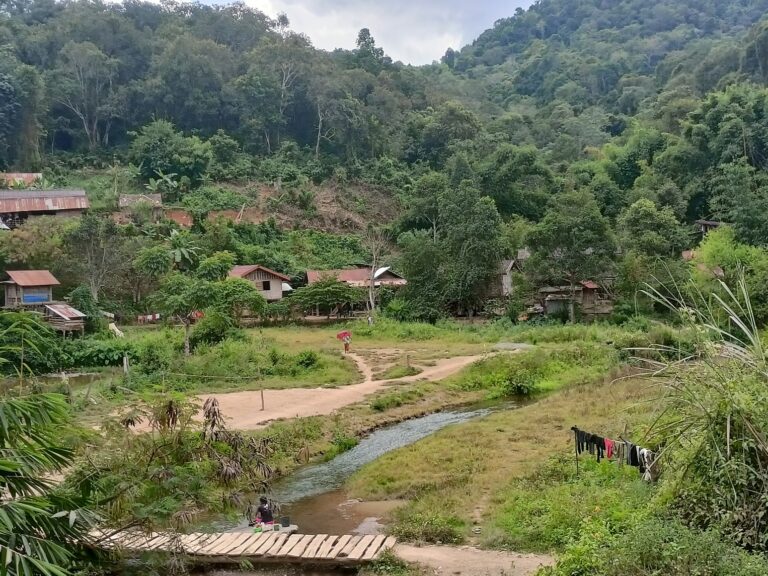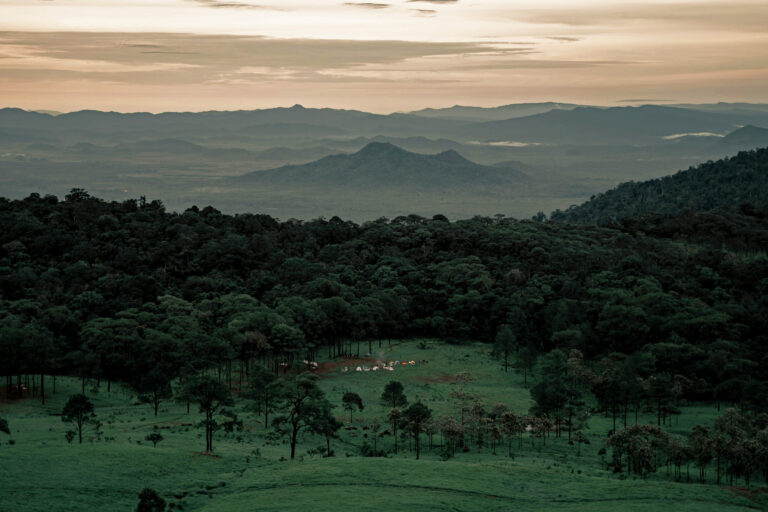Project Description
Over the past two decades, the expansion of Water Supply Infrastructure (WSI) across the Mekong River has played a critical role in regulating seasonal water flows. These infrastructures—supporting agriculture, water supply, and hydroelectricity—have significantly improved livelihoods, crop productivity, and energy reliability by capturing wet season flows for use during the dry season. However, as they were designed under assumptions of a relatively stable climate, their effectiveness in addressing extreme weather events such as floods and droughts remains poorly understood.
Objectives, Activities and Results
This research-focused project aims to enhance understanding of how WSI influences flood and drought dynamics and their broader effects on food security in the Mekong region. Activities include hydrological modelling, stakeholder surveys, and in-depth case studies across key WSI systems. The analysis will assess how current infrastructure performs under increasingly variable hydro-climatic conditions, and what downstream consequences exist for agricultural systems. The outcome will be a more evidence-based approach to WSI planning and management that supports regional food security while improving the resilience of infrastructure to future climate extremes.
Links
Reservoir Flood Risk Index: Database



